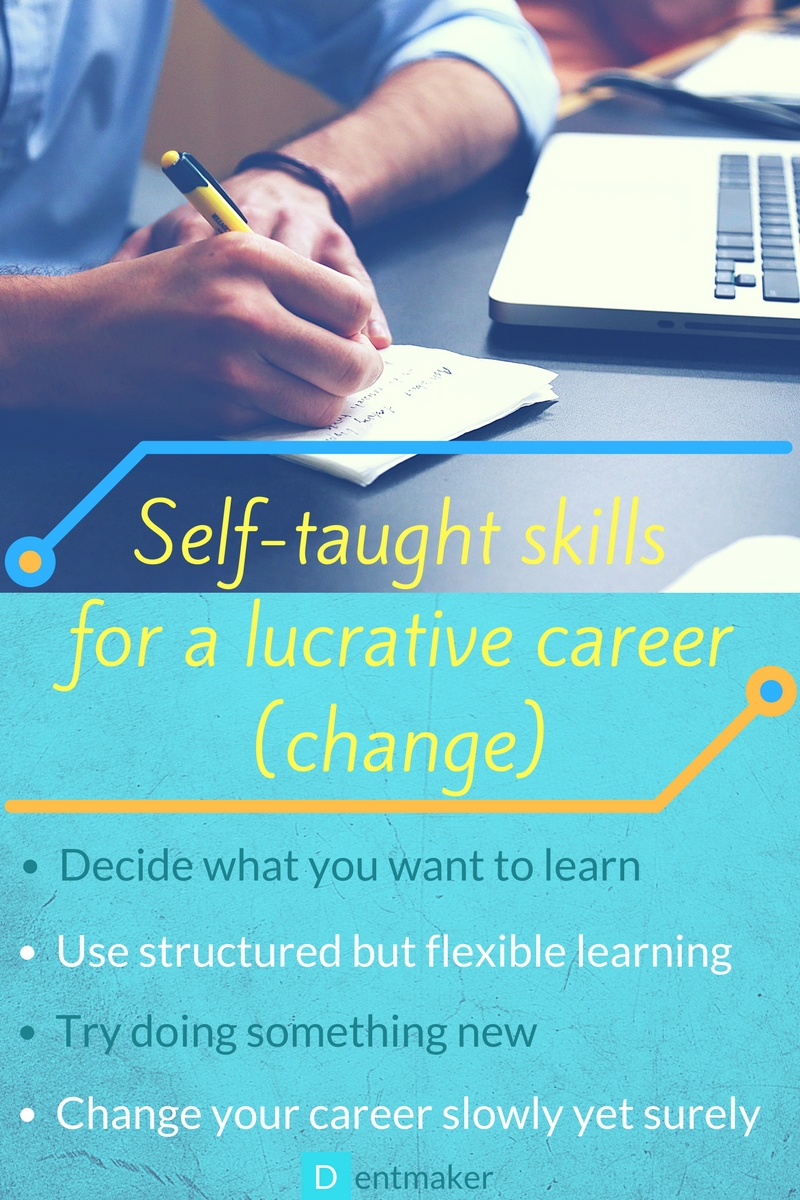Self-taught skills – A wake-up call for education systems

Years ago, a popular Zimbabwean musician, emotional at the joy of receiving an award, confessed that he had dropped out of school to learn to play the guitar under the guidance of an uncle in the city. To date, his achievements in that genre (Sungura) are unmatched.
Just like that musician, I have many a cousin who never finished school; they joined an older cousin in the township and learnt welding. They learnt by observing and in a month, they could do the basics. In three months, they could hold their own in the trade. Over time, some saved enough money to establish their own welding tables just a stone’s throw from the master’s.
This has, over a long period of time, been a general practice in many villages and towns across Africa. Older relatives would help their younger, struggling relatives by imparting skills in trades such as carpentry, electronic repairs, welding, and building, among others.
To me, it seems that this kind of learning on the job is staging a comeback. However, this time around it’s less about successful cousins helping struggling cousins to find their feet, and more about hobbies: hobbies being converted into money-making businesses – much to the bewilderment of the older generations.
While members of the old school have been taught that one gets an education, receives a certificate, sends out a curriculum vitae and secures a job, millennials today find it difficult to relate to such counsel.
In fact, millennials find themselves clicks away from what they aspire to be. Unlike in the old days, the internet has made it quite easy to access technical information. The entry “How to…?” is arguably among the most popular on any search engine. My Google browser generated 4,720,000,000 results in 0.57 seconds. YouTube takes this even further, giving practical illustrations to virtually any task that can be done by a human being.
This access to practical information may have influenced recent developments which see young people increasingly pursuing careers outside of the traditional academic route. For instance, a survey by Stack Overflow showed that 69.1% of software developers in the United States are self-taught, while those holding an academic qualification constitute about 34.8%.
eSports are gaining popularity and were valued at US$500 million in 2016, prompting huge media corporations such as ESPN, YouTube, and Turner to invest millions of dollars in the acquisition of rights to stream eSports tournaments. Bedroom recording studios in the townships are fanning the passions of any youth who thinks they can make it in the music industry.
What impact do these trends have on broader developments in Africa? If the trend towards self-taught vocations returns with the magnitude of an earthquake, what impact will it have on Africa’s traditional education systems?
My view is that one of the challenges in most African educational systems is that there is insufficient emphasis on talent searches and nurturing. Individual talents or passions are not promoted. Instead, there is a grading system, which is not helpful since many young people end up pursuing a career they are not passionate about.
That is why this current rise in the popularity of self-taught skills as well as modern day apprenticeship (mostly conducted through online tutorials) should be a wake-up call to all players in the education sector.
Young people should be assisted at an early stage to identify their strengths and passions, perhaps by enabling pupils to specialise earlier. Many education systems in Africa only let their pupils specialise in field-specific subjects quite late. In Zimbabwe, for example, high school learners only specialise in the final two years of school. Early specialisation may be helpful since it exposes learners to the practical aspects of their fields of study.
This, among other policies, could be a helpful strategy for upholding formal education in Africa. Most nations on the continent are still developing and thus require exceptional and inspired intellectuals to spur the continent forward.
Otherwise Cassper Nyovest’s famous punchline, “And ask all my lawyer cousins what it do”, will resonate even louder as more young people consider it unnecessary to establish themselves through traditional academic routes.